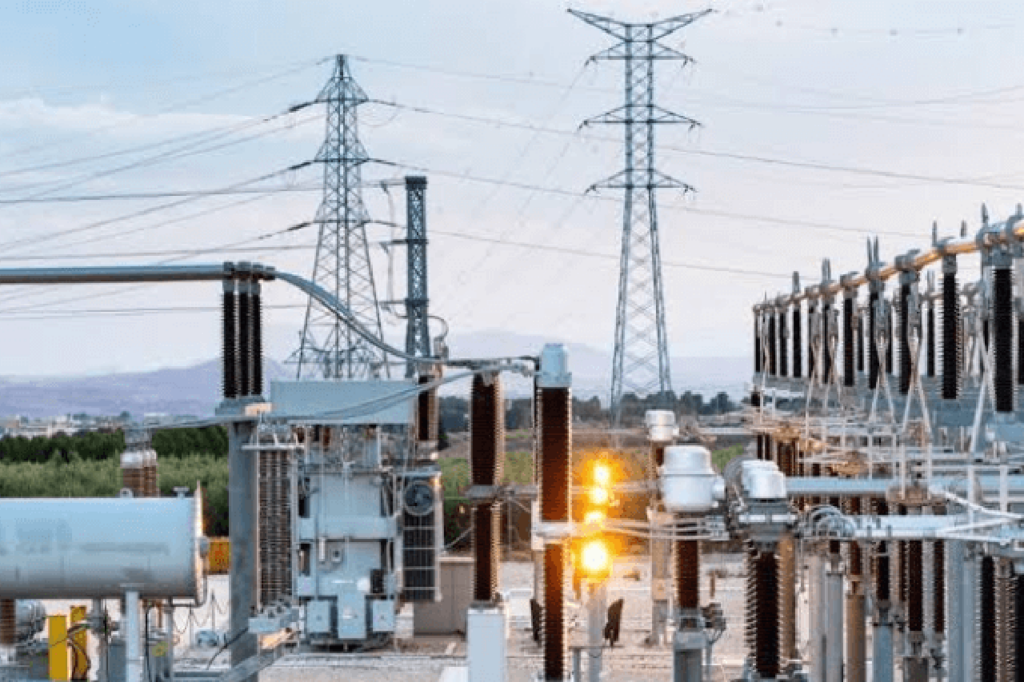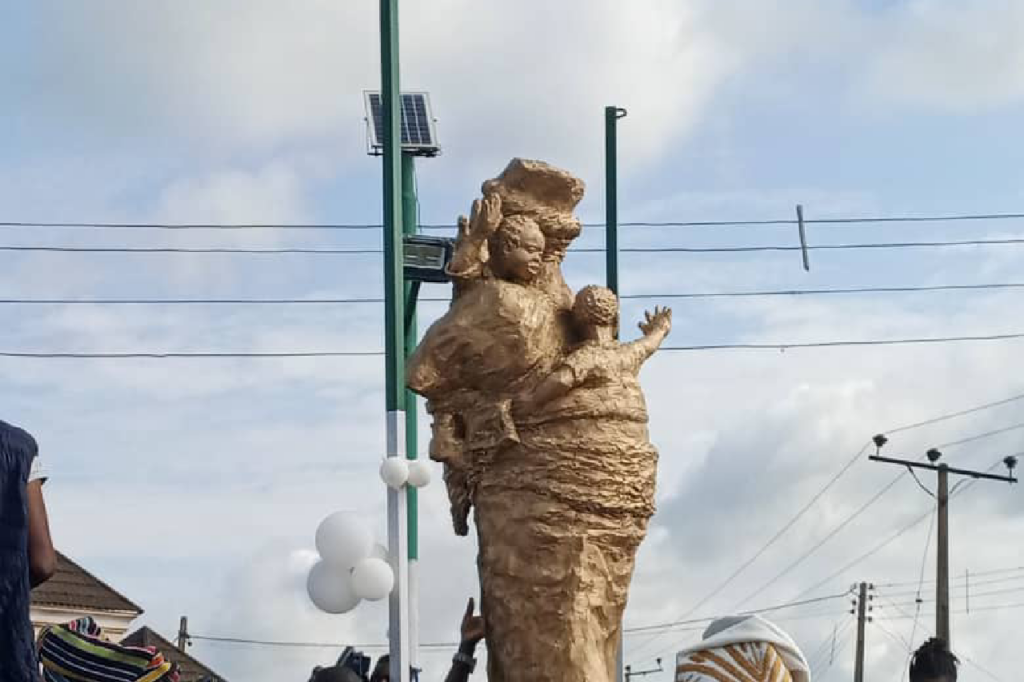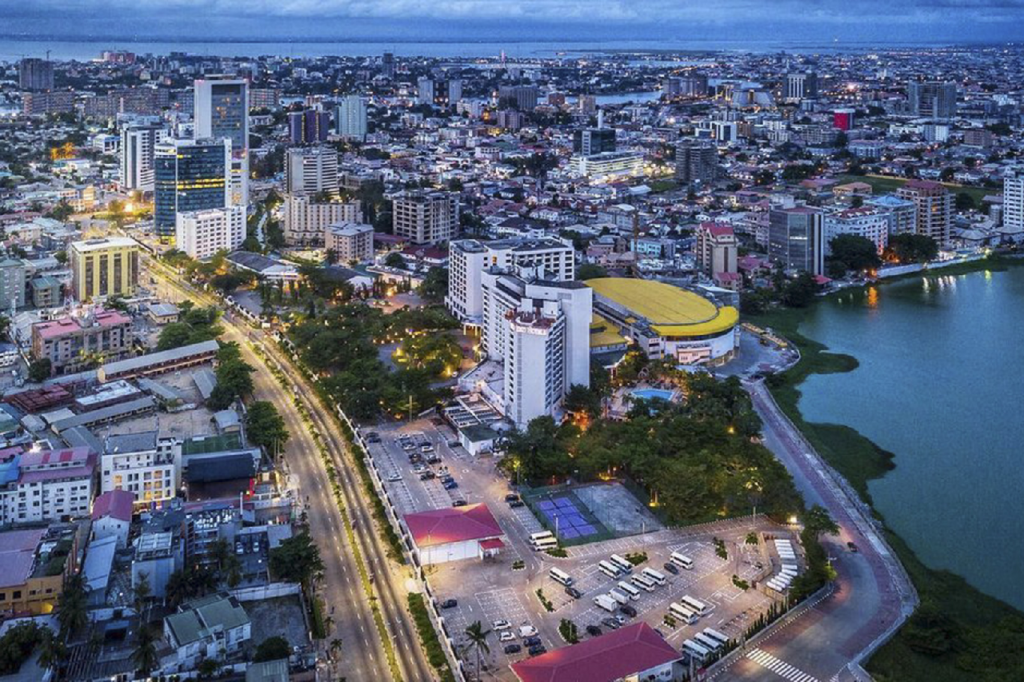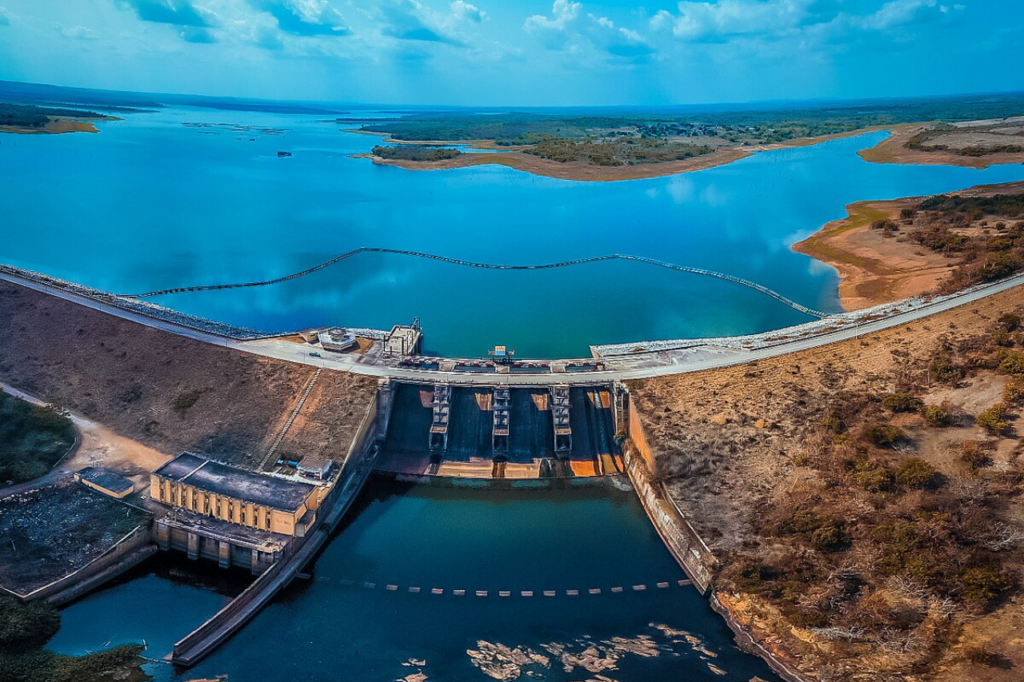Back in Naija beginning Week 3 I continue to reflect whether Naija is Betta or Worse.
This is a very sensitive point right now, as most Nigerians are suffering hardship caused by the necessary partial removal of fuel duties, the electricity tariff hike, and the flouting of the naira, resulting in massive inflation everywhere.
If we are to just consider the price of goods & services and the availability of fuel, it will be fair to say things are worse for most Nigerians whose pockets are leaner.
However, when looking at a country to truly analyse it’s development, we don’t just look at inflation and the cost of living as the sole barometers. To do so is to be myopic.
There are several parameters to look at; let’s consider electricity. Having travelled widely in 3 SW States from Lagos, our commercial capital, Abeokuta, the capital of Ogun State, the most industrialized state in Nigeria, & Ibadan, formerly the largest city in Subsaharan Africa, and surrounding towns & villages.
What have I observed growing up in Nigeria between 1981 & 1984 when I finished my secondary schooling at African Church Grammar School Abeokuta? I don’t recall any time we had constant power at all.
Today I can say one of the greatest differences is that I have rarely heard the sound of generators. Some may conclude this is because of the high price of PMS & fuel scarcity, but this is not the case.
Where I stay has been mostly highbrow areas on band A tariff; they have practically 24 hours of electricity in places like Magodo, Sonibare, Kay Farm Estates in Lagos, Bodija in Ibadan, Laderin, Hilltop, Ewang & Ibara Housing Estates in Abeokuta, and many similar estates across Nigeria, all enjoying 24 hours of electricity.
This is unheard of in my 44 years of travels to Nigeria, where most highbrow areas competed at night to see whose generator was loudest, more powerful, and stayed on the longest, making sleep almost impossible together with redultant Deiselfumes everywhere. This is now a thing of the past.
I have stayed at other small towns such as Damelola Block near Ota, Kobape & Ajegunle near Bode Olude in Abeokuta & can confirm.The electricity supply is much better, but you will not hear this on social media.
That is not to say there are not numerous places without power for months, some even years, cut off from the National Grid without explanation. I am just speaking of my personal experiences on the ground.
Travelling from Lagos to Abeokuta to Ibadan & back. You will see massive transformations & expansions of manufacturing & commercial activities. Abeokuta’s expansion over 40 years is huge. In the last 1 year and 11 months, I can see a massive difference in the number of new companies opening up every day along Leki, Eoe, Ikorodu, Ijebu, Saganmu, Ota, Ifo, Itori, Ibadan Agbado, Berger Axis, Ibafo, Mowe, Agbara, Itori, and Papa. It is actually unbelievable.
All these new companies, and there are thousands of them, many of them foreign owned, must be employing Nigerians first to construct them, then to work & operate their machines. After producing, they must engage thousands to transport these goods, and tens of thousands will be engaged in marketing & selling the finished products all across Nigeria. Yet some insist there is no manufacturing in Nigeria. This is a lie, but we need to do much, much more for our size.
Many of these companies are on band An electricity tariff is also enjoying virtually 24 hours of electricity, so when asked the question, are things better or worse. Truly, I have to say, on the face of it, better despite the much hardship due to general inflation.
The truth is there are jobs for those who truly want to work, whether back in the farm where I can attest to massive small- & medium-scale farming by ordinary Nigerian farmers in the rural areas of all 3 SW states I visited, with numerous large-scale commercialised farming taking place with holdings averaging 200-500 hectares.
With all the mining I see in Ogun State of various stones & sands, many of which I don’t even know what they are for, I saw trailers laden with white, often clear stone in the Odeda area; they must be taking them to a production facility nearby.
The Lagos Abeokuta Old Road is the worst major motorway road I have been on in my travels, right from Ijaye in Lagos to Tollgate, then to the Ota underbridge in Ifo, Itori & Ewekoro, & many other spots. The road is more or less unmotorable. This tributory leads to one of the busiest industrial hubs in Nigeria. The state of the road & much of the road network in Ogun State, especially in Abeokuta, is a crying shame & a disgrace. Every journey is a backbreaking journey.
The cause of damage on Lagos to Abeokuta Old Road is largely due to heavily laden cement trailers & other heavy goods vehicles pounding the road every day without repair.
Once roads are repaired or built, they are expected to last a lifetime. This is wrong, as roads require regular maintenance & sectional resurfacing. Resurfacing of the whole road should be scheduled at least every 8 years. We do not keep to these basic protocols, so roads with heavy traffic suffer and get damaged to the point where they become unmotorable.
Is it that the government does not budget for this or that some in the ministries collect the contracts & chop the money, or do the contractors just do a bad job? Something is truly amiss.
The only way our road network will improve is if they are concessioned and tolled. There must be a price to pay for good services; however, Nigerians don’t want that. They insist on getting everything for nothing.
Our mindset must change if we want to really enjoy a Betta9ja; it comes at a price that all must be prepared to pay collectively, and those with the broadest shoulders should bear the biggest burdens. It has started now with higher tariffs for the high and mighty. We hope the joy of constant electricity will come to all state capitals and then spread to surrounding towns before the whole of the country in our lifetime.
What’s your opinion? Please share. Thanks Femi Oke Betta9ja



